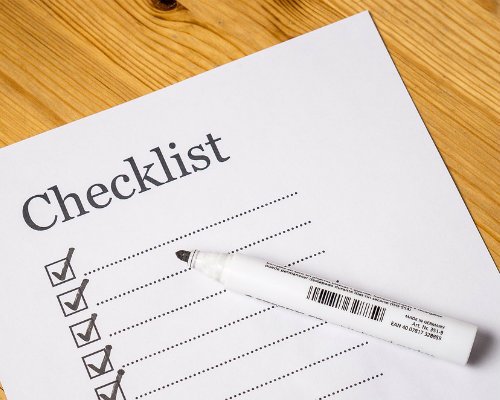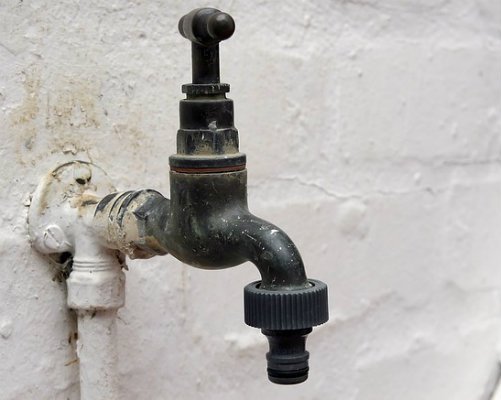Having a pool is great! They’re fun, they give you a place for friends and family to gather, and they can add some serious value to your property. With that being said, they do require upkeep. And if you’re a parent or pet owner, you know the great responsibility you have to enforce and monitor pool safety.
The American Red Cross released their findings that about 4,000 people die of unintentional drownings each year, with children having the highest risk. In addition to NEVER leaving your child unattended in a pool, you must keep it clean for sanitary and health reasons.
Along with these, there are many other reasons pool safety should be your top priority.
Keeping Your Loved Ones Safe and Healthy In and Around the Pool
1. Use a Pool Cover
You have tons of options here and can even get one custom made to fit your pool’s measurements.
Pool covers are great because you can add an extra level of security plus you’re keeping debris out of your pool. This adds up to less maintenance!
2. Keep Water Clean and Clear
Regularly checking pool chemicals via weekly testing can help prevent any rashes, skin irritations, or burning eyes.
3. Update Drain Covers
If you have an older pool or spa, you should replace drain covers to ones that are anti-entrapment; and the same goes for homeowners installing new pools.
4. Security Systems
Alarms aren’t just for your home; there are tons of options for security systems.
You can get underwater motion sensors that use a sonar grid to alert you of any motion beneath the surface.
You can also get a small alarm for your pool gate that will sound if left open for a few seconds. These are both great options for families with young children.
5. Non-Slip Surfaces
The area around your pool and spa can be made safer with the right surfaces. With so much water everywhere, its no shock that slips can happen.
6. Pet-Proof Pool Time
While all of the above steps can apply to our beloved furry friends, there are a few more things you can do: like buying a pet life vest, read up on pet CPR, and adding a fence around the pool.
Possible Issues You Can Have with Your Pool
Another part of pool safety is having a well maintained and functional pool. There are signs that show potential pool problems. Some things to look out for include:
- Pool Leaks: Any place where you have plumbing, you have the possibility of a leak. If you find that you’re constantly needing to add fresh water, then you likely have a leak.
- Liner Wear: In general, pool liners should be replaced every 8-12 years. If you see cracks, fading, stains, or wrinkles, then your liner has suffered damage and you will need a professional to check it out.
- Need for Frequent Cleaning: If you are having to clean your filter more than once a month, there is a problem. This could be a problem with the water quality or another issue that an expert will need to determine.
Pools are a big investment and a big responsibility, and should be treated as such. If you want to ensure that your investment and family is safe, let a pro take control.
Our pool experts at EIG will do a thorough check of the condition of a swimming pool and/or spa to ensure that the mechanics, components, electrical parts and surrounding areas are up to safety standards and operating properly. We’ll also check that the pool remains free of bacteria, viruses and algae that can pose health risks.
To schedule your inspection today, check out our easy, online scheduling tool!
We Can Help





